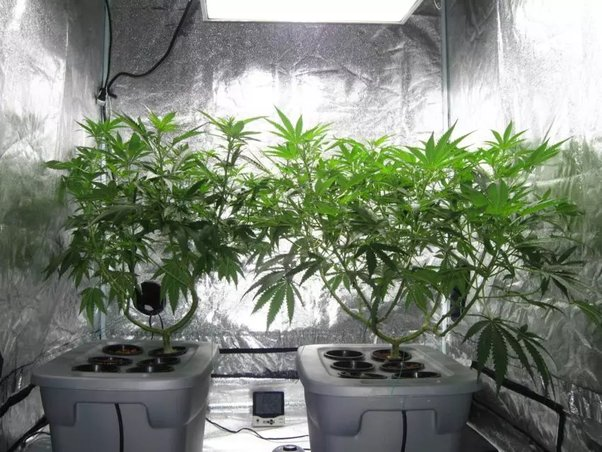What Can A Pediatric Dentist Do?
Pediatric dentists are committed to the oral wellness of children from infancy to adolescence. They have the expertise and credentials to care for a child’s teeth, gums, and mouth at all phases of development. Talk to a family dentist in Denver today to learn more.
Children start to develop their baby teeth throughout the first six months of life. They start losing their initial set of teeth at 6 or 7 years, ultimately replaced by permanent, secondary teeth.
Without sufficient dental care, children risk developing oral decay and illness, which can lead to a lifetime of pain and difficulties. Early childhood dental caries, an infectious condition, affects children five times more than asthma and seven times more than hay fever. One in every five (20%) youngsters aged 5 to 11 has at least one untreated decaying tooth.
What kind of training do pediatric dentists receive?
Pediatric dentists have completed at least the following:
- Dental school’s four-year program.
- Two years of additional residency training in dentistry for infants, teens, and special needs children.
What kinds of services do pediatric dentists offer?
Pediatric dentists offer complete oral health treatment, which includes the following services:
- Baby oral health examinations involve a risk assessment for caries in both the mother and the child.
- Cleaning and fluoride treatments, as well as nutrition and food suggestions, are all a part of preventive dental care.
- Counseling for bad habits (thumb sucking and pacifier use).
- Early evaluation and treatment for teeth straightening and bite correction (orthodontics).
- Dental cavities or defect repair.
- Diagnosing oral conditions related to diabetes, congenital heart defect, asthma, hay fever, and attention deficit hyperactivity disorder (ADHD).
- Gum disease and condition management, including ulcers, mucoceles, short frenula, and pediatric periodontal disease.
- Dental injury treatment (for example, displaced, fractured, or knocked-out teeth).
Why should you go to a Pediatric Dentist rather than a General Dentist?
All general dentists receive pediatric dentistry training in dental school, primarily from pediatric specialists on staff. Some general dentists are more at ease treating little children than others, especially if their practice serves many families and they are familiar with common behavioral issues that must be handled during treatment. Nonetheless, it is practice-specific; a referral is required if a general dentist is uncomfortable treating a young or special-needs kid.
Pediatric dentists’ key focus areas include prevention and treatment and teaching parents and other dental professionals how to treat their children effectively. Pediatric dentists in dental schools and hospital training facilities also research to improve techniques for preventing children’s oral health concerns.




